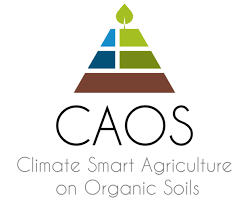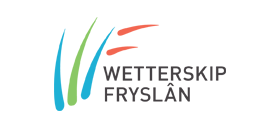CSA on Organic Soils.
Background and Objective
Controlled drainage and active water management are climate smart options for agricultural production on organic soils under current and future climatic conditions. We propose that wet organic soils can be used as risk insurance in dry periods while active water and soil management will improve trafficability. Peat degradation can be reduced and water availability in dry summers increased. Alternative, wetness-adapted crops with stable yield quantity and quality are needed to meet requirements for food, feed and bioenergy. The CAOS project aims to generate the knowledge to design climate smart agricultural systems for organic soils adapted to the diverse regional conditions of Northern and Central Europe. CAOS will provide and distribute evidence that active management aiming at a better control of groundwater levels, improved trafficability and alternative high productivity crops improves yield stability and quality as well as resilience to climate change while providing GHG mitigation and improved soil and water quality.
Approach
The CAOS experimental site locations in Europe. Background map: peat cover in Europe (modified from: Montanarella et al., The distribution of peatland in Europe, Mires and Peat 1, 2006)The CAOS experimental site locations in Europe. Background map: peat cover in Europe (modified from: Montanarella et al., The distribution of peatland in Europe, Mires and Peat 1, 2006) (© )
The project combines existing agro-economic data from typical study regions of the participating counries (Denmark, Estonia, Finland, Germany, Netherlands and Sweden) with soil quality and water table observations to identify historical evidence of climate smart soil and water management. At the field scale, experiments with soil and water management will be conducted, testing different techniques of controlled drainage and subirrigation combined with greenhouse gas measurements. These measurements will be complemented with agro-economical analysis focussing on management options that allow the continuation of agricultural production in the context of current and possible future agricultural and environmental policies. Quantity and quality analysis of harvested biomass used for food, feed or energy purposes will be performed. The measured field data will be used for the integration of process-based water dynamic and crop growth models, statistical models of greenhouse gas mitigation and water quality and economic models to synthesise results and to evaluate the adaptation potential under climate change scenarios. Bi-directional involvement of stakeholders and practitioners throughout the entire project to facilitate knowledge exchange across countries is the essential part combining all disciplines.
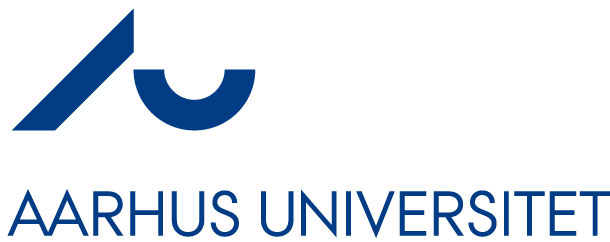
Aarhus University
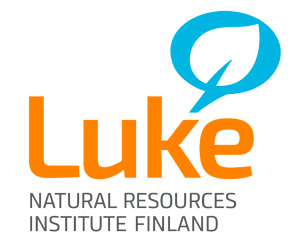
Luke - Natural Resources Institute Finland

SLU - Université suédoise des Sciences Agricoles
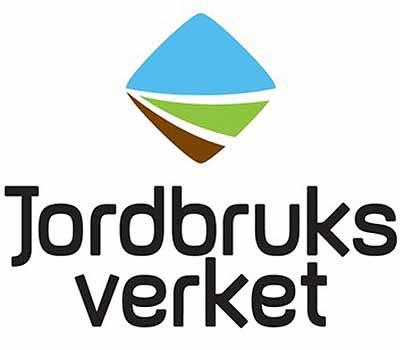
Swedish Board of Agriculture

Thünen Institute of Climate-Smart Agriculture

Thünen Institute of Rural Studies

